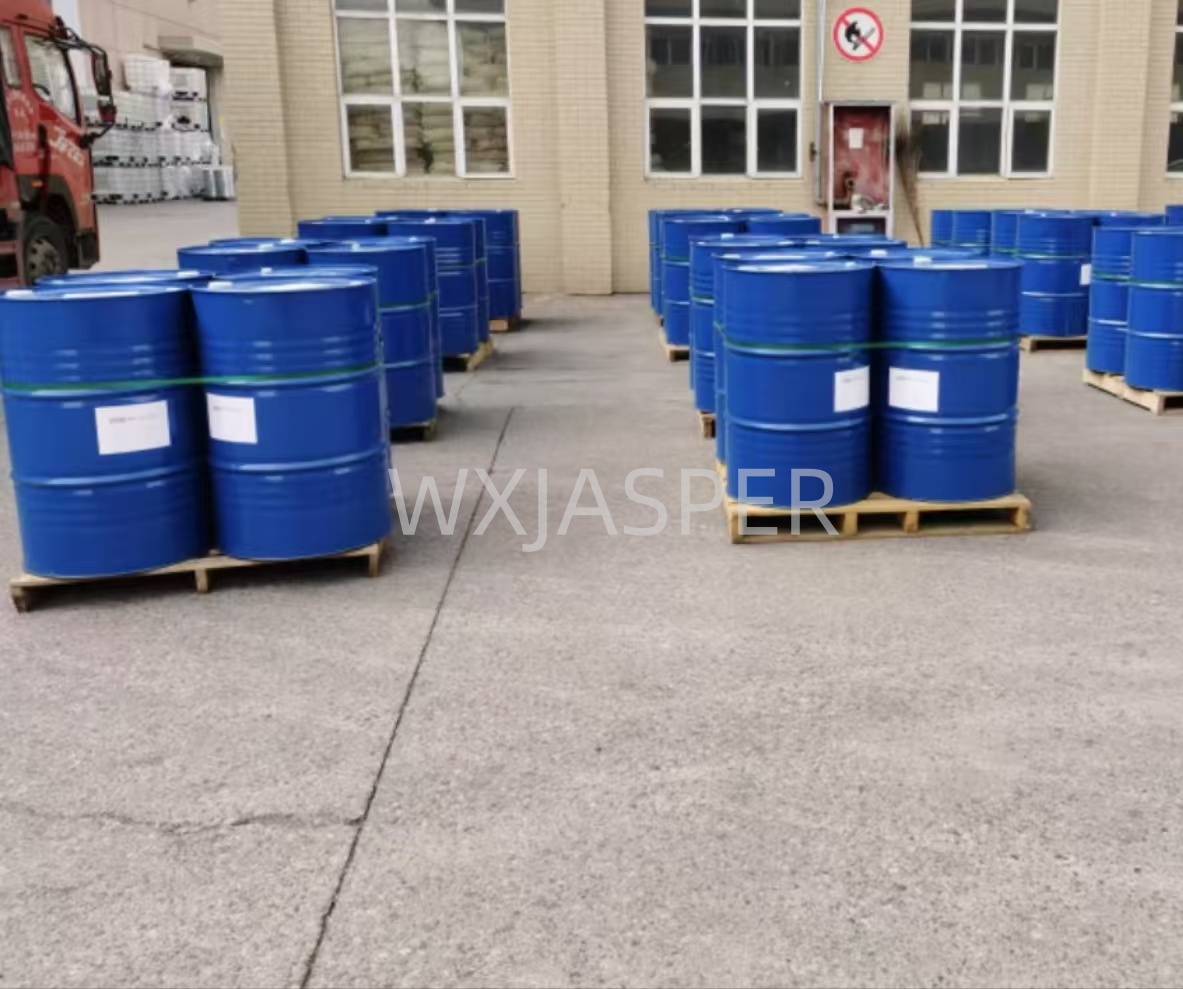Your Location:Home > Products > Solvents > Polyisobutylene



CasNo: 9003-27-4
MF: (C4H8)n
Appearance: liquid
Delivery Time: 15 days
Packing: 180kg/drum
Purity: 99%
Basic Information
|
Model NO. |
9003-27-4 |
Quality |
Industrial |
|
Appearance |
Liquid |
Boiling Point |
300 °c |
|
Colour |
Colorless |
Specification |
99% |
|
Assay |
99%Minn |
Origin |
China |
|
Transport Package |
Drum |
|
|
Product Description
Chemical Name: Polyisobutylene
CAS No.: 9003-27-4
Molecular Fomula:C4H8
Molecular weight: 56.10632
Appearance: Viscous transparent liquid
Assay:99%
Product Application
Polyisobutylene is mainly used in many fields such as petroleum additives and adhesives.
Used for manufacturing pressure-sensitive adhesives and sealants. It can also be used as a thickener and combined with other materials to improve adhesion, flexibility, aging resistance, airtightness, and electrical insulation. It is also used for manufacturing wires and cables, plasticizers, etc.
Gum sugar gum based chewing material.
Packaging
180 kg heated drums with temperature gauges (for 1,000,000 Da PIB)